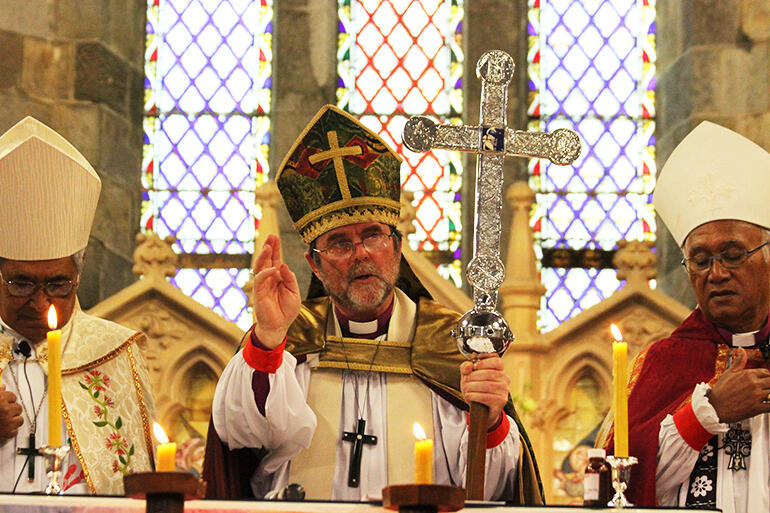
Early on in my life as a priest I was called to Whangarei Base Hospital to sit with someone who was dying in the Intensive Care Unit.
It was late at night, and as I sat waiting for the family to arrive – they were coming from some distance away, and I was there for some time – I became aware of a remarkable communication happening further along the ICU.
A man was lying utterly still in bed, and a woman was sitting with him.
After a while, it dawned on me that this man was paralysed. Completely paralysed. He couldn’t speak. He couldn’t write. He couldn’t even nod his head.
He could… blink. That was all.
And yet, despite this awful predicament, this husband and his wife – I learned that that was who they were – were conducting a painfully slow, but very beautiful conversation.
She would begin to recite the alphabet to him – and he would blink when she reached the letter he wanted.
Then she would begin again: A, B, C, D… letter-by-letter, word-by-word, with almost excruciating slowness, he would build up a sentence. She would respond and then the alphabet would begin again.
The staff told me that she had been there for him in this way, eight hours every day, for weeks.
The risk of loving...
I learned that night at the Whangarei Base Hospital that when we take the risk of loving someone… how truly fragile and precious that bond is.
I’ve had cause to reflect since that anything in life that has true beauty, and all in life that has true meaning, is vulnerable.
Vulnerable to rejection, abuse and distortion. Or disaster. Because risk, fragility and vulnerability are, it seems, in the very nature of life.
And yet the paradox is that vulnerable, fragile love can be awesomely powerful and transformative.
The only power on earth that can transform an enemy into friend, said Martin Luther King, is love.
Nelson Mandela understood that truth too – and by that truth he transformed South Africa.
The Christmas story, of course, tells us the extraordinary truth about the redemptive power of fragile love.
The shepherds and the three wise men are told that Immanuel – God with us – is to be found among the squalor and smell of a stable, in an inconsequential country on the troublesome edge of a vast empire.
God from God, Light from Light, true God from true God…is to be found in an infant born to a mother and father who marry because of the child’s unexpected and unplanned conception… born only to have to flee as a refugee to another land for the fear of a tyrant.
Poor, persecuted and vulnerable. And yet a sign of hope, a sign of love – fragile love.
Thesign of all hope.
So this Christmas we celebrate the transforming power of love, the vulnerability and fragility of love.
We celebrate the way God reaches out to us, not from a position of power and strength, but from the very heart of this fragility – the Christ child.
May the God of this fragile love, the God who takes the risk of reaching out and being vulnerable, who really loves us, deeply bless you this Christmas.
++Philip.







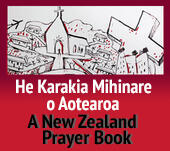
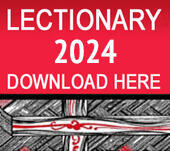


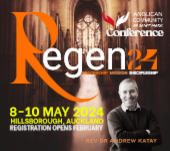
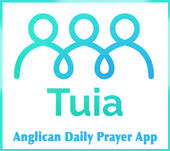




Comments
Paddy Noble
Wednesday 15 January 2014 12:31:02 am
George Armstrong
Tuesday 24 December 2013 4:51:10 am
Christine Hunn
Saturday 21 December 2013 8:30:16 pm
Helene Young
Saturday 21 December 2013 5:38:28 pm
Michael Hewat
Saturday 21 December 2013 2:23:20 am
Log in or create a user account to comment.